Is there any invention as ancient and as fundamental as soap? Traced to Babylonian civilisation around 2,800 bc (handy for scrubbing down after all that gardening), it almost certainly goes back millennia further than that. It is mentioned in the Book of Jeremiah and by 1550 bc the Egyptians were marketing it as a medicinal aid for sores and other skin ailments. There was a soap factory buried in Pompeii — although the product is believed to have been used more for washing clothes because visitors to Roman bath houses preferred to scrub themselves with olive oil.
By 1192 soap had become one of Britain’s earliest mass-manufactured goods — though not one which pleased Richard of Devizes, who complained bitterly about the number of soap-makers, and the foul smell emanating from them, on a visit to Bristol. In China, soap had appeared by at least the 7th century. No wonder, when Unilever was looking for a slogan, it came up with the words: ‘Soap is civilisation.’
But try telling that to the young assistants in Tesco. It had never occurred to me that we could have an entirely soap-free civilisation until the other week when I decided that I needed to stock the bathroom cupboard. I walked up and down a couple of likely aisles, but there was no sign of the stuff. Unusually, for I have been known to wander for half an hour looking for things in supermarkets before I finally accept I need help, I stopped a young lad in a Tesco uniform and asked.
‘Soup?’ he said. ‘That’s with the other tinned foods along the back row.’
‘No, soap — the stuff you wash with.’
‘Ah,’ he replied — and took me to the washing powder aisle. I asked another assistant. ‘Soup? Yes, follow me.’
When I finally did arrive at the soap I realised why I hadn’t spotted it the first time. There was a tiny half shelf with a few bars of Imperial Leather and some Simple soap. Then it clicked. The assistants had been confused not because I struggle to pronounce ‘soap’ but because they have been brought up in a world without it. They use handwashes and shower gels. Never mind its 5,000-year-old history, the bar of soap is dying out. It is being pushed to the margins — Christmas markets and the shelves of herbalists and their speciality concoctions — while most of humanity washes itself by squirting soapy liquids out of a bottle.
I have never looked upon soap with the same fondness as the elderly lady whose hedge I used to cut as a teenager did. Asking to use her bathroom one day, I came across an astonishing hoard of toiletries, some of which looked as if they might have been there since the second world war. I counted 96 toilet rolls and 52 bars of soap — in a house with a single resident.
Nor, perhaps, is a bar of soap the most hygienic of products — not when you find it having been squeezed by dozens of grubby hands. But I will rather miss the traditional bar of soap. Lightly flavoured with herbs, a pristine bar looks almost edible — which is how it appeared to those caught up in the siege of Leningrad and many other famines.
Given the war against plastic, maybe there will be a reaction to all these bottles of handwash. The bar of soap might yet stage a resurgence.
Got something to add? Join the discussion and comment below.
Get 10 issues for just $10
Subscribe to The Spectator Australia today for the next 10 magazine issues, plus full online access, for just $10.
You might disagree with half of it, but you’ll enjoy reading all of it. Try your first month for free, then just $2 a week for the remainder of your first year.


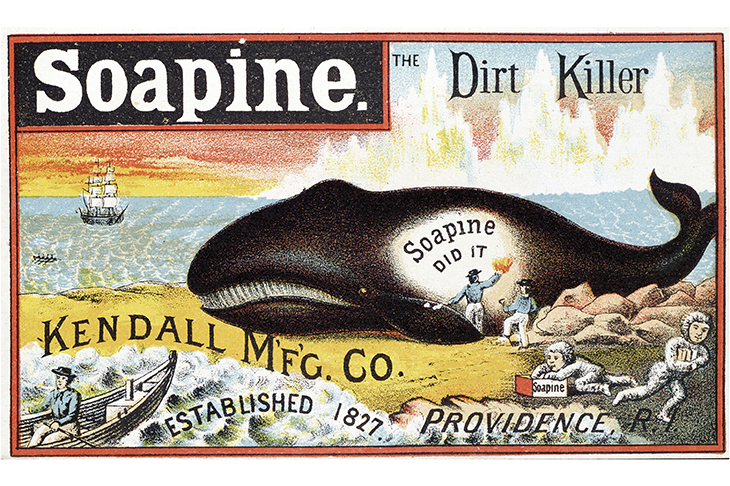
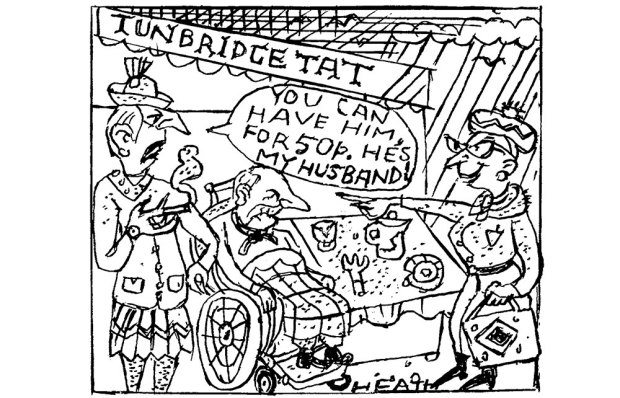
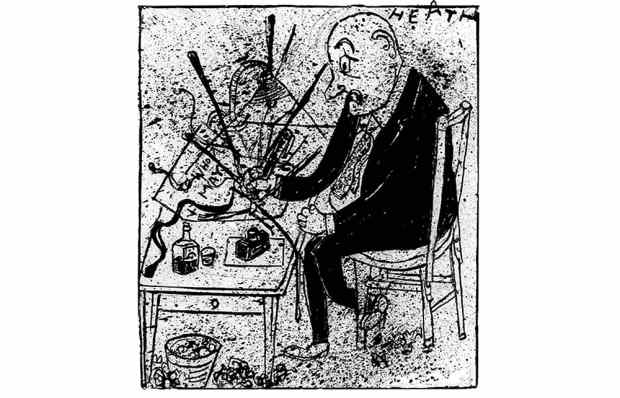
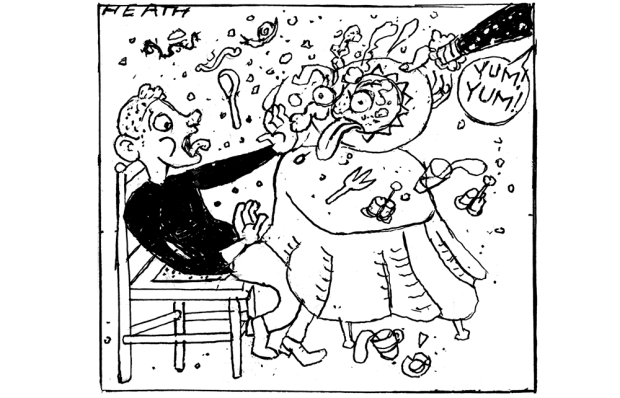
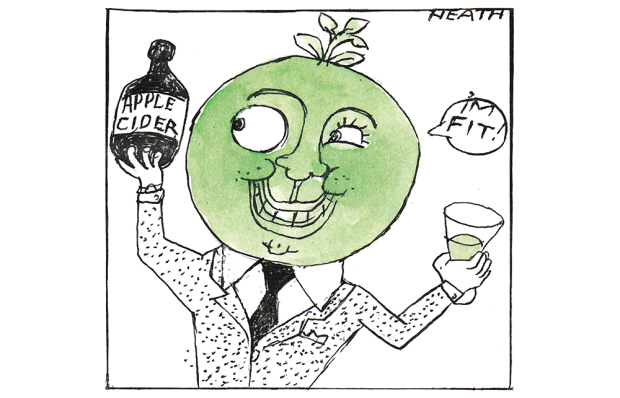
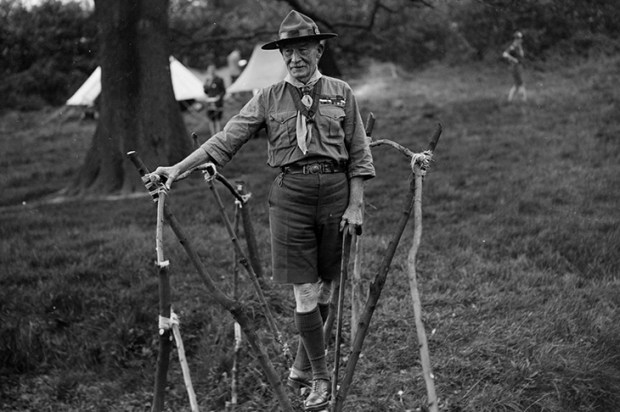







Comments
Don't miss out
Join the conversation with other Spectator Australia readers. Subscribe to leave a comment.
SUBSCRIBEAlready a subscriber? Log in